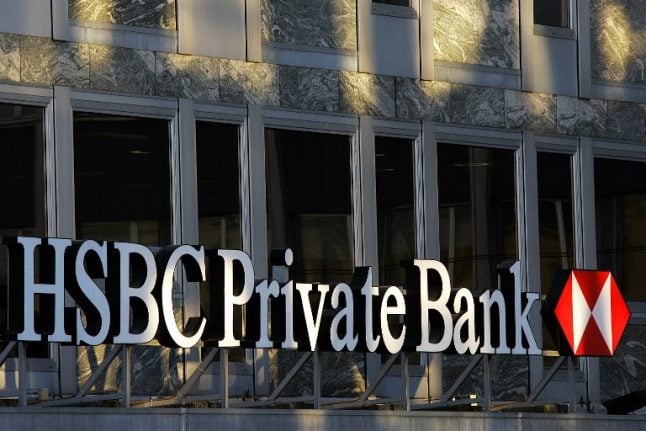HSBC was accused last year of helping French clients to hide at least 1.67 billion euros from the tax authorities, according to a source close to the probe.
The deal struck between the financial crime prosecutor's office and the bank is a first in France under a new procedure that allows companies under
suspicion of corruption or dissimulation of tax fraud to negotiate a fine to stop a case from going to trial.
The deal does not include a guilty plea.
French prosecutors have now dropped the case against HSBC Holdings.
The case against HSBC was opened back in 2015 and was over an alleged global tax-dodging scheme that helped hundreds of French nationals and pothers around the world evade the tax man.
Investigators believe that HSBC's private banking division offered its customers several ways of hiding assets from the French taxman, notably via the use of offshore tax havens.
The banking giant was at first accused of failing in its supervisory role over its private banking division, but further investigation led to suspicions
that HSBC “participated actively in the fraudulent practices”, the source close to the investigation said.
The probe named the former chief executive of the bank's Swiss private banking arm, Peter Braunwalder, and another executive, Judah Elmaleh.
The case began when French authorities in late 2008 received files stolen by Herve Falciani, a former HSBC employee, whose disclosures sparked the so-called “Swissleaks” scandal on bank-supported tax evasion.
The French-Italian national — dubbed by some media as “The Edward Snowden of banking” — leaked a cache of documents allegedly indicating that HSBC helped more than 120,000 clients of a number of nationalities to hide 180.6 billion euros from tax authorities between November 2006 and March 2007.
He was sentenced in absentia in November in Switzerland to five years in prison. The leaked files led to investigations by tax authorities in several European countries including, in addition to France, Spain and Belgium.



 Please whitelist us to continue reading.
Please whitelist us to continue reading.